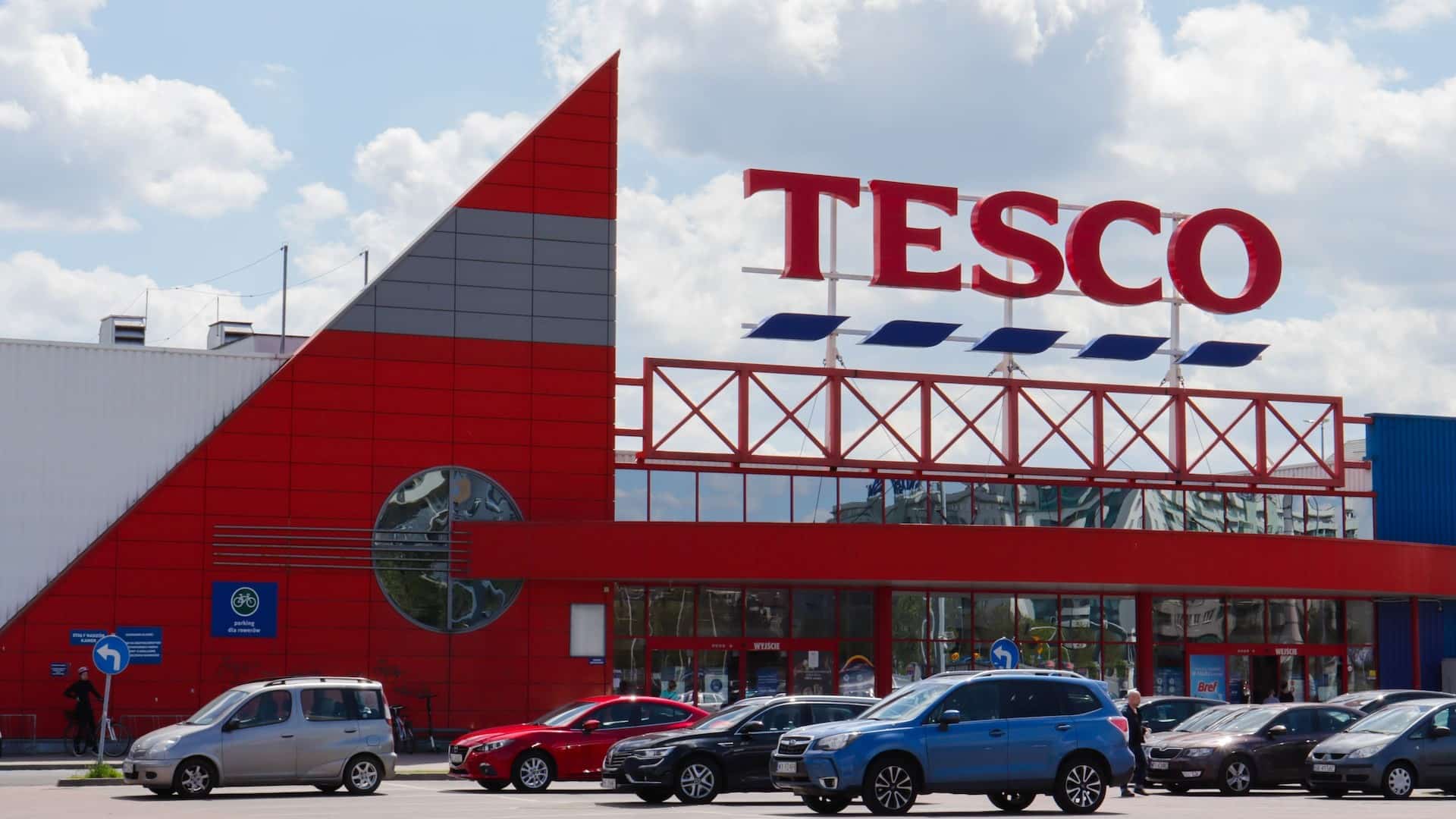MongoDB is a software company based in New York which offers commercial support for the source-available, cross-platform database. The company was founded in 2007 as 10gen by Dwight Merriman, Kevin P. Ryan, and Eliot Horowitz to build a PaaS architecture based on open-source components.
However, the founders changed the plan and developed a document-oriented database system. 10gen released MongoDB as an open-source project in Feb 2009 and rebranded to MongoDB Inc. in Aug 2013
In 2022, MongoDB had 3,544 employees and 39,100 customers in over 100 countries. The company has surpassed 325 million database app downloads and 1.5 million registrations for MongoDB University courses. [1]
MongoDB is a non-relational NoSQL database that supports JSON-like storage. Users can store unstructured data and leverage APIs for full indexing and replication.
Unlike traditional RDBMS, MongoDB is dynamic, fast, and doesn’t require users to predefine a schema. This schema-free C++ document database stores data using key-value pairs.
In 2022, MongoDB was named a leader in The Forrester Wave: Translytical Data Platforms. However, the company faces stiff competition from AWS, Oracle, Microsoft, MariaDB, Google, Couchbase, IBM, and Cloudera. [2]
Here is an in-depth analysis of MongoDB’s top 15 competitors and alternatives:
1. Amazon Web Service (AWS)
Year founded: 2006
Headquarter: Seattle, Washington
AWS is a comprehensive cloud platform owned by Amazon. It offers Amazon DynamoDB, a non-relational database for applications that require performance at any scale. In 2022, AWS was available in 99 zones across 31 geographic regions globally.
Amazon’s DynamoDB and MongoDB offer document databases, but DynamoDB integrates with over 200 AWS solutions, including Amazon Aurora, Redshift, Apache Spark, computing, storage, networking, analytics, AI, IoT, VR, AR, and app development tools.
In Nov 2022, AWS integrated Amazon Redshift with Apache Spark and Aurora with Amazon Redshift. Both integrations help companies connect and analyze petabytes of data in near real-time across data stores. AWS is the top MongoDB competitor and alternative. [3]
2. Oracle
Year founded: 1977
Headquarter: Austin, Texas
Oracle is a software company that offers enterprise solutions, including Oracle Database. This industry’s first self-driving database runs natively on Oracle Cloud Infrastructure. In 2022, Oracle had 143,000 employees. [4]
The main competitive advantage of Oracle Database is its robust data security protocol. It automatically secures databases, optimizes the workload, and scales resources as needed. Another benefit of using Oracle Database is Oracle’s converged engine that supports different data types, workloads, and development styles.
In Dec 2022, Oracle was named a Leader in Garter’s Magic Quadrant for Cloud Management Systems, making Oracle Database a worthy MongoDB alternative. [5]
3. Microsoft Azure
Year founded: 2008
Headquarter: Redmond, Washington
Microsoft Azure is a leading cloud computing, data warehousing, big data, and analytics platform. It offers Azure Synapse Analytics and Azure Cosmos DB, with native support for NoSQL choices. In 2022, Microsoft had more than 180,000 employees.
Azure Cosmos DB offers well-defined consistency models and guarantees high availability with multi-homing capabilities and single-digit millisecond latencies worldwide. Companies can leverage Azure SQL Data Warehouse via Azure Synapse Analytics to store, analyze, and query petabytes of data. Microsoft Azure is a formidable MongoDB competitor. [6]
4. MariaDB
Year founded: 2010
Headquarter: Redwood City, California
MariaDB is a commercial fork of MySQL relational database management system (RDMS). This open-source RDBMS offers data processing capabilities for small and enterprise tasks. As of Jan 2023, MariaDB had 12 storage engines and supported over 200,000 connections.
MariaDB is an improved version of MySQL that offers backward compatibility, Percona Server, and new storage engines, including PBXT, XtraDB, Maria, and FederatedX. It has more inbuilt features, supported connections, and performance improvements than MySQL.
Unlike MongoDB, MariaDB is a free database management system. Users can integrate MariaDB’s high-performance storage engines with other RDMSs, making MariaDB one of the top alternatives to MongoDB. [7]
5. Google Cloud
Year founded: 2008
Headquarter: Mountain View, California
Google Cloud is a cloud platform that offers several solutions, including Google Firestore and Firebase. Both Firestore and Firebase are databases that compete with MongoDB. In Sep 2022, Google’s parent company, Alphabet, employed 187,000 people. But the tech giant laid off about 6% of its staff, or 12,000 employees, in Jan 2023. [8]
Firestore offers a NoSQL document database, while Firebase stores and synchronizes real-time data. With Firebase, all JavaScript users share a single real-time Database instance. They can also stream games, chat with friends, and run social networking programs using Firebase.
The platform automatically updates the users, delivers back-end development, and covers the requirements of cross-platform apps. Innovative companies such as Venmo, The New York Times, Lyft, Alibaba, The Economist, NPR, Instacart, and Twitch use Firebase and Firestore to store, sync, and query data. Google Cloud is one of the best MongoDB alternatives. [9]
6. Couchbase
Year founded: 2011
Headquarter: Santa Clara, California
Couchbase is an open-source database optimized for interactive apps. Users can create, store, retrieve, aggregate, manipulate, and present data via its NoSQL, document-oriented database software solution. In 2022, Couchbase served over 30% of companies on the Fortune 100 list.
Couchbase and MongoDB provide NoSQL databases, but Couchbase specializes in powering apps and simplifies modern app development and deployment.
In Nov 2022, the company integrated its platform with Amazon Web Service (AWS) to offer go-to-market incentives. This integration increases Couchbase’s competitive advantage over MongoDB. [10]
7. IBM Db2
Year founded: 1983
Headquarter: Armonk, New York
IBM Db2 is a comprehensive suite of data management solutions. Like MongoDB, Db2 offers a database that supports non-relational structures. In 2022, IBM had over 350,000 employees and exceeded its annual revenue target.
Db2 and MongoDB compete in the database management segment, but Db2 has a significant advantage due to IBM’s end-to-end enterprise solutions. In 2022, IBM unveiled the universal container Db2u on RedHat OpenShift.
The company also plans to launch a DBaaS (database-as-a-service) version of Db2 on hyperscaler clouds. Db2 is one of the best alternatives to MongoDB for large enterprises and companies. [11]
8. Cloudera
Year founded: 2008
Headquarter: Palo Alto, California
Cloudera is an American software company with over 1,800 customers. Its Cloudera Data Platform offers an enterprise database management system (DBMS) for machine learning and data analysis applications. In 2022, Cloudera employed around 2,700 people.
Cloudera Data Platform and MongoDB provide feature-rich databases, but Cloudera offers its solutions via private and public cloud servers. In Jan 2023, Gartner recognized Cloudera as a Leader in Cloud DBMS, making Cloudera a worthy MongoDB competitor in the DBMS market. [12]
9. Redis
Year founded: 2011
Headquarter: Mountain View, California
Redis is a computer software and cloud service company. It offers an open-source, advanced key-value store used by around 25% of professional developers worldwide. In 2021, Redis was ranked the 6th most popular database globally by Stack Overflow.
Redis is a data structure server with keys that contain strings, hashes, lists, and sets. Both Redis and MongoDB are NoSQL databases with source-available support, but Redis offers source-available database extensions and database-as-a-service (DBaaS).
In Nov 2022, Redis acquired RESP.app to improve the app development experience and increased its competitive advantage over MongoDB. [13]
10. ArangoDB
Year founded: 2014
Headquarter: San Francisco, California
ArangoDB is a private company that offers a distributed, open-source database. This free-to-use platform has a flexible data model for docs, graphs, and key values. According to G2, ArangoDB has a 4.7-star rating versus MongoDB’s 4.5 stars.
ArangoDB competes with MongoDB in the document database sector. However, ArangoDB is a multi-model graph database system that supports three data models with a single database core.
In Oct 2022, ArangoDB launched ArangoGraph Insights Platform powered by the ArangoDB graph database. This cloud-based solution uncovers insights into data that are nearly impossible to obtain with traditional SQL, document, or other graph databases. ArangoDB is one of the best alternatives to MongoDB. [14]
11. CouchDB
Year founded: 2005
Headquarter: Forest Hill, Maryland
CouchDB is an open-source, document-oriented, NoSQL database created by Damien Katz. In 2008, CouchDB became an Apache Software Foundation project. Apache expanded the database beyond the Erlang language to include JavaScript, C, and C++.
CouchDB doesn’t store data and relationships in tables like a relational database; instead, it uses multiple formats and protocols for data storage, transfer, and processing. Unlike MongoDB, CouchDB embraces the web to offer accessibility across devices.
The features of CouchDB include a B-tree-based CouchDB Engine, HTTP Request, replication, document storage, and ACID properties. However, the main advantage of using CouchDB is its MapReduce system, that allows users to optimize data consolidation. CouchDB is one of the top MongoDB alternatives. [15]
12. MarkLogic
Year founded: 2001
Headquarter: San Carlos, California
MarkLogic is a software company that offers an enterprise NoSQL database. This schema-agnostic database supports structured and unstructured data, including JSON, XML, RDF, text, and binary data types. In 2022, MarkLogic had around 500 employees.
MarkLogic and MongoDB provide document-oriented databases, but MarkLogic works as a data hub for operational and analytical data. The unique features that set MarkLogic apart from other databases include built-in search, government-grade security, and ACID transactions.
Unlike a relational database, MarkLogic doesn’t have schema requirements for data and is one of the top alternatives to MongoDB. [16]
13. RethinkDB
Year founded: 2009
Headquarter: Mountain View, California
RethinkDB is an open-source, document-oriented database. It stores JSON documents with dynamic schemas and facilitates pushing real-time updates for query results to apps. In Feb 2017, The CNCF purchased the rights to the source code after RethinkDB failed to build a sustainable business.
The CNCF offers the RethinkDB NoSQL database under the Apache License. The main benefit of using RethinkDB is its first-class support for real-time change feeds. Each change query returns a cursor with blocking or non-blocking requests.
So, users can track an infinite stream of real-time changes, making RethinkDB one of the best MongoDB alternatives for a real-time database. [17]
14. OrientDB
Year founded: 2010
Headquarter: London, United Kingdom
OrientDB is a multi-model, open-source NoSQL database management system. This scalable DBMS combines a distributed graph database engine with a flexible document database in one high-performance platform. According to G2, OrientDB and MongoDB compete in the document databases category.
The main advantage of OrientDB is its all-in-one NoSQL database that offers the power of graphs and the flexibility of document databases. Users can choose schema or schema-full design and run OrientDB in distributed mode. OrientDB is a worthy MongoDB alternative. [18]
15. Neo4j
Year founded: 2007
Headquarter: San Mateo, California
Neo4j is a NoSQL graph database management system. It supports native graph storage and processing, advanced security, and ACID-compliant transactions. In 2022, Neo4j had over 700 employees.
Neo4j and MongoDB unlock the business value in data for organizations. However, Neo4j stores and presents data in graphical format, while MongoDB supports JSON-like data storage.
In Jun 2022, Neo4j raised $325 million in a Series F funding round. The company will use the funds for the expansion of its developer ecosystem. Neo4j is one of the best graph-based alternatives to MongoDB. [19]
References & more information
- MongoDB, Inc. (2023, Feb 15). MongoDB, Inc. Announces Date of Fourth Quarter and Full Year Fiscal 2023 Earnings Call. ABC4
- MongoDB, Inc. (2022, Dec 6). MongoDB Announces Third Quarter Fiscal 2022 Financial Results. PRNewswire
- AWS (2022, Nov 29). AWS announces two new capabilities to move towards a Zero-ETL future on AWS. Business Wire
- Vailshery, L. S. (2022, Jun 24). Number of employees at Oracle worldwide: 2007-2022. Statista
- Oracle, Inc. (2022, Dec 22). Oracle scores highest in all Use Cases in 2022 Gartner Critical Capabilities for Cloud Database Management Systems. Oracle.com
- Williamson, R. (2022, Dec 6). Azure Synapse Analytics: Reasons why you need it. Data Science Central
- Peterson, R. (2023, Jan 28). MariaDB vs. MySQL – Difference between Them. Guru99
- Grantham-Philips, W. (2023, Jan 20). Google to lay off 12,000 employees, the latest tech giant to cut thousands of jobs. USA TODAY
- MQoS Tech (2022, Jun 1). MongoDB vs. Firebase: Which is the best database in 2022? Medium
- Couchbase, Inc. (2022, Nov 29). Couchbase announces strategic collaboration with AWS. PRNewswire
- Clark, L. (2022, Oct 27). Db2 goes “cloud-first” as IBM struggles to lift database dinosaur The Register
- Cloudera, Inc. (2023, Jan 10). Cloudera was recognized as a Leader in the 2022 Gartner Magic Quadrant for Cloud Database Management Systems. PRNewswire
- Clark, L. (2022, Nov 3). Redis swallows RESP.app biz that made its database easier for developers. The Register
- ArangoDB (2022, Oct 4). ArangoDB Unveils ArangoGraph Insights Platform to Bridge the Gap Between Data and Insights. ArangoDB.com
- Geeks for Geeks (2022, Sep 30). Introduction to Apache CouchDB. GeeksforGeeks.org
- Yadav, P. (2022, Aug 30). MarkLogic vs. MongoDB. Knoldus
- Shaddel, P. (2022, Jul 18). Use RethinkDB and Node for real-time apps. Level Up
- Bikash, S. (2022, May 25). Run OrientDB on Distributed Mode. Medium
- Naik, A. R. (2022, Aug 8). The Origin of Neo4j. Analytics India
- Featured Image by Campaign Creators
Tell us what you think? Did you find this article interesting? Share your thoughts and experiences in the comments section below.












Add comment